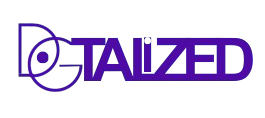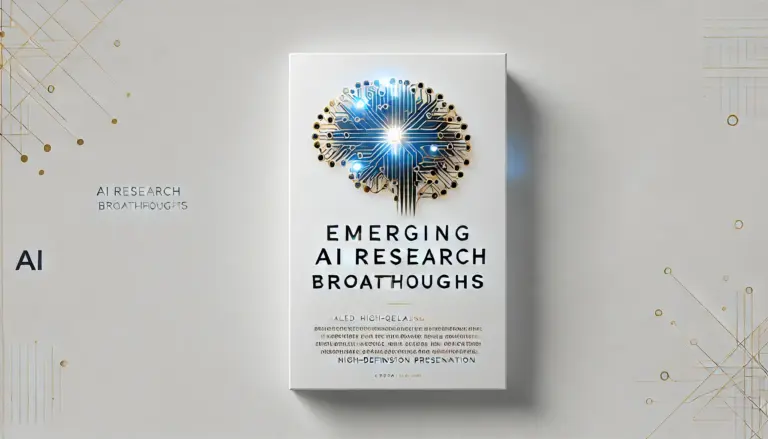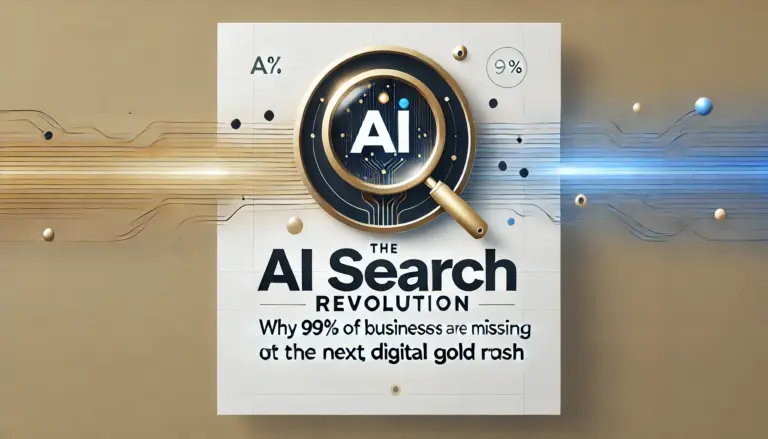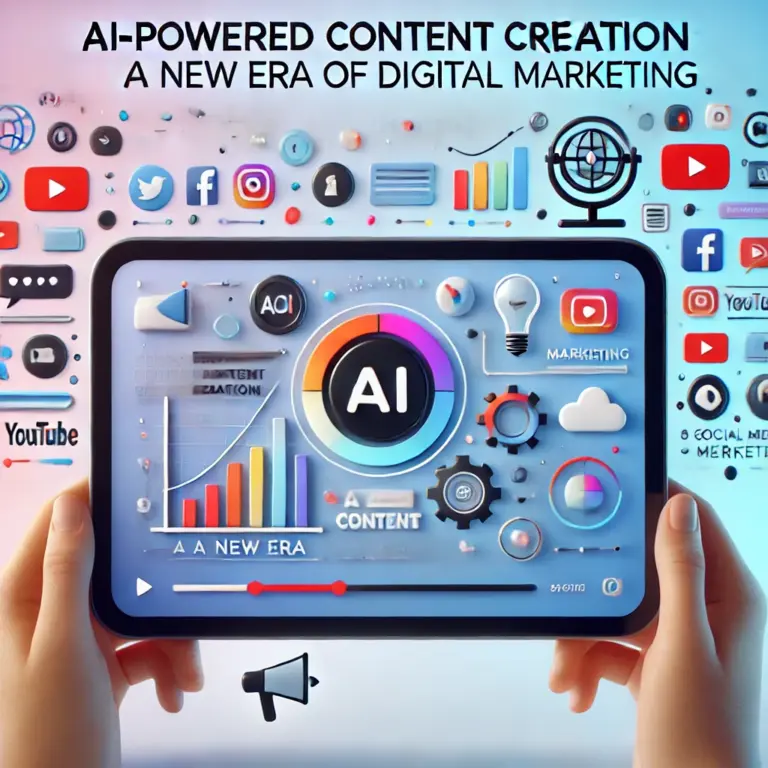The social media landscape has undergone a seismic shift. While marketers once spent hours crafting individual posts, today’s leading brands are leveraging artificial intelligence to produce content at unprecedented scale. Recent industry data reveals that 73% of marketers are now using AI automated content creation tools to transform their social media strategy, and the results are nothing short of revolutionary.
The Scale Revolution: Numbers That Tell the Story
The statistics paint a compelling picture of AI’s dominance in content creation. According to recent market research, AI-powered content writing tools increase content production speed by 400% while reducing costs by 50% per article. This isn’t just about efficiency—it’s about competitive survival.
Businesses employing AI for social media content generation report 15-25% improvements in engagement rates, ultimately leading to higher revenue. When you’re competing for attention in feeds that process billions of posts daily, these engagement improvements translate directly to business growth.
The market momentum is undeniable. Global AI Powered Content Creation market size is expected to reach $7.74 billion by 2029 at 21.6%, driven by sophisticated AI writing assistants, content generation platforms, and copywriting tools that are reshaping how brands communicate.
Why Traditional Content Creation Methods Are Failing
Before diving into AI solutions, let’s address why traditional content creation approaches are becoming obsolete:
The Volume Challenge: Modern social media demands consistent, multi-platform content. A single campaign might require dozens of variations across Instagram, TikTok, LinkedIn, and Twitter. Manual creation simply cannot match this scale requirement.
The Personalization Imperative: AI is moving far beyond basic personalization. In 2025, predictive analytics will become the driving force behind hyper-personalized marketing. Audiences expect content tailored to their specific interests, behaviors, and demographic profiles.
The Speed Factor: Social media moves at lightning pace. Trending topics, viral moments, and breaking news create content opportunities that last hours, not days. Manual content creation processes are too slow to capitalize on these moments.
Resource Constraints: Most marketing teams face budget limitations and staffing challenges. AI automated content creation allows small teams to produce output that previously required entire content departments.
The AI Content Creation Toolkit: Essential Platforms and Tools
1. AI Writing Assistants for Social Copy
Leading social media marketing AI tools now offer sophisticated writing capabilities that go beyond simple text generation. These platforms analyze successful content patterns, incorporate brand voice guidelines, and generate copy optimized for specific platforms.
Key features include:
- Platform-specific optimization (character limits, hashtag strategies, audience preferences)
- Brand voice consistency across all generated content
- A/B testing variations automatically generated
- Sentiment analysis and tone adjustment
2. Visual Content Generation Platforms
Static images and videos represent the majority of social media content. AI content generation platforms now produce professional-quality visuals at scale:
- Logo and brand element integration
- Dynamic product showcases
- Animated graphics and GIFs
- Video content with automated editing
- Platform-specific sizing and formatting
3. Automated Social Media Content Scheduling
Beyond creation, AI marketing automation 2025 solutions handle the entire content lifecycle:
- Optimal posting time algorithms
- Cross-platform content adaptation
- Automated hashtag research and application
- Engagement monitoring and response suggestions
- Performance tracking and optimization recommendations
Real-World Success Stories: How Leading Brands Scale Content
Case Study 1: E-commerce Brand Achieves 340% Content Output Increase
An online fashion retailer implemented AI automated content creation across their social channels. Results after 6 months:
- 340% increase in content production volume
- 28% improvement in engagement rates
- 45% reduction in content creation costs
- 89% decrease in time from concept to publication
Their strategy centered on AI-generated product descriptions, lifestyle imagery, and seasonal campaign content, all while maintaining brand consistency through AI training on their existing content library.
Case Study 2: B2B Software Company’s Lead Generation Transformation
A SaaS company struggling with content volume implemented comprehensive AI content generation platforms. Key outcomes:
- 12x increase in blog post publication frequency
- 67% improvement in social media lead generation
- 156% growth in organic social media traffic
- 34% increase in content engagement rates
Their approach focused on AI-generated educational content, industry insights, and customer success stories, all optimized for different social media platforms.
The ROI Reality: Measuring AI Content Creation Success
Understanding return on investment is crucial for justifying AI content creation investments. Marketers using AI-generated content experience a 36% higher conversion rate on landing pages, but the benefits extend beyond immediate conversions.
Key Performance Indicators to Track:
Production Metrics:
- Content volume increase (posts per week/month)
- Time saved in content creation process
- Cost per piece of content produced
- Team productivity improvements
Engagement Analytics:
- Social media engagement rates (likes, shares, comments)
- Click-through rates from social platforms
- Audience growth across platforms
- Brand mention frequency and sentiment
Business Impact:
- Lead generation from social media channels
- Sales attributed to social media content
- Customer acquisition cost improvements
- Brand awareness and recall metrics
Overcoming Common AI Content Creation Challenges
Challenge 1: Maintaining Authentic Brand Voice
Early tests with fully AI-generated captions for a financial services client saw a 12% drop in engagement. The tone felt robotic. This highlights the importance of proper AI training and human oversight.
Solutions:
- Extensive brand voice training for AI models
- Human review and editing processes
- Continuous feedback loops to improve AI output
- Hybrid approaches combining AI efficiency with human creativity
Challenge 2: Platform-Specific Optimization
Each social media platform has unique characteristics, audience expectations, and algorithm preferences. Successful automated social media content must account for these differences.
Best Practices:
- Platform-specific AI model training
- Automated content adaptation for different formats
- Cross-platform performance analysis
- Continuous optimization based on platform algorithm changes
Challenge 3: Content Quality and Originality
While AI excels at scale and efficiency, maintaining high-quality, original content remains a concern for many marketers.
Quality Assurance Strategies:
- Multi-layer content review processes
- Plagiarism detection integration
- Fact-checking protocols for AI-generated content
- Regular quality audits and improvements
Advanced Strategies: Beyond Basic AI Content Generation
1. Predictive Content Planning
Leading marketers use AI to predict content performance before publication. These systems analyze historical data, current trends, and audience behavior to recommend optimal content strategies.
2. Dynamic Content Personalization
AI automated content creation now enables real-time content personalization based on individual user data, creating unique experiences for each social media follower.
3. Cross-Platform Content Ecosystem
Sophisticated AI systems create content ecosystems where a single concept generates variations across multiple platforms, each optimized for specific audience segments and platform requirements.
The Implementation Roadmap: Getting Started with AI Content Creation
Phase 1: Assessment and Planning (Weeks 1-2)
- Current content audit and performance analysis
- Team skill assessment and training needs identification
- Budget allocation and tool selection
- Success metrics definition
Phase 2: Tool Integration and Training (Weeks 3-6)
- AI platform setup and configuration
- Brand voice and style guide integration
- Team training on new tools and processes
- Initial content creation and testing
Phase 3: Scale and Optimization (Weeks 7-12)
- Full implementation across all social channels
- Performance monitoring and adjustment
- Process refinement and automation enhancement
- ROI analysis and reporting
Phase 4: Advanced Features and Expansion (Months 4-6)
- Advanced AI features implementation
- Cross-platform integration optimization
- Predictive analytics integration
- Continuous improvement protocols
Future Trends: What’s Next for AI Content Creation
1. Voice and Audio Content Generation
AI is expanding beyond text and images to include voice synthesis, podcast creation, and audio content optimization for platforms like Clubhouse and Twitter Spaces.
2. Interactive Content Creation
Future AI tools will generate interactive content including polls, quizzes, augmented reality filters, and gamified social media experiences.
3. Real-Time Content Adaptation
AI systems will soon modify content in real-time based on audience response, trending topics, and engagement patterns.
4. Integrated Analytics and Optimization
Next-generation platforms will combine content creation with advanced analytics, providing instant optimization recommendations and automated improvements.
Making the Strategic Decision: Is AI Content Creation Right for Your Brand?
Consider these factors when evaluating AI automated content creation:
Volume Requirements: If your brand needs consistent, high-volume content across multiple platforms, AI tools provide essential scalability.
Resource Constraints: Teams with limited content creation resources benefit most from AI automation and efficiency improvements.
Engagement Goals: Brands prioritizing engagement growth and audience expansion see significant benefits from AI-optimized content.
Budget Considerations: While initial AI tool investments require upfront costs, the long-term ROI typically justifies the expense through reduced labor costs and improved performance.
Conclusion: The Competitive Advantage of AI-Powered Content
The data is clear: social media marketing AI tools are no longer optional for competitive brands. With 90% of marketers saying they will have budgets for AI tools in 2025, the question isn’t whether to adopt AI content creation, but how quickly you can implement it effectively.
Brands that embrace AI automated content creation today will build insurmountable advantages in content volume, engagement rates, and marketing efficiency. Those that delay adoption risk falling behind competitors who are already leveraging these powerful tools to dominate social media feeds.
The automated content creation revolution is here. The only question remaining is whether your brand will lead the charge or struggle to catch up.
Ready to transform your social media strategy with AI? Start by auditing your current content creation process and identifying opportunities for automation. The future of social media marketing is automated, personalized, and powered by artificial intelligence.




